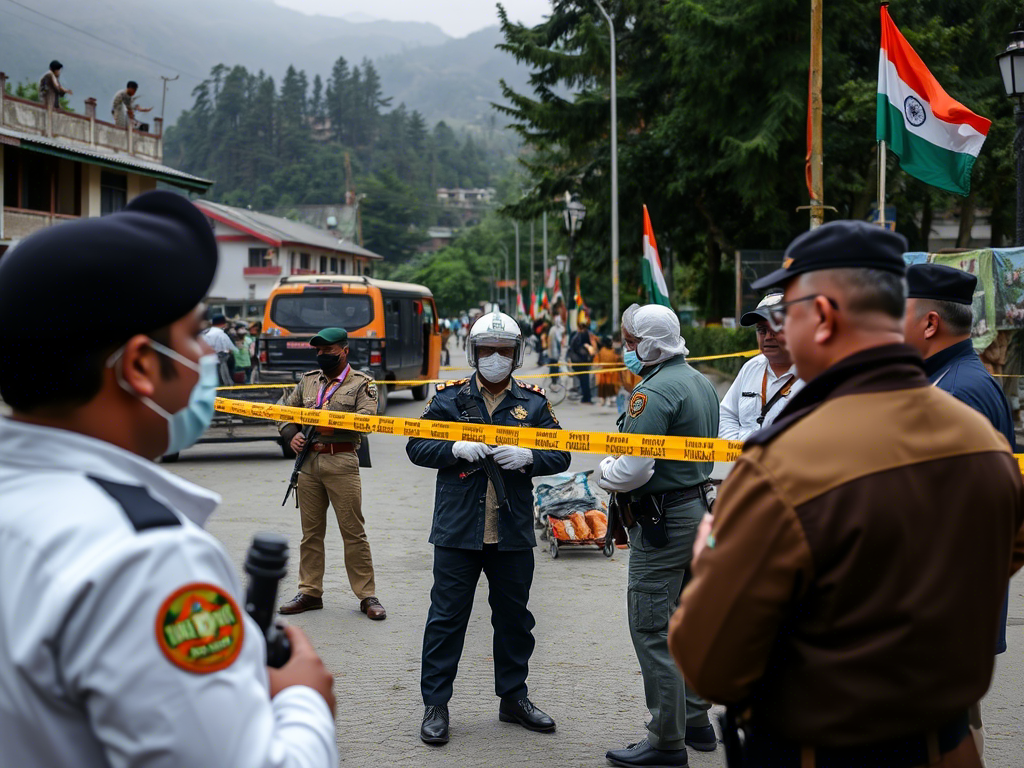Pakistan Appoints ISI Chief As NSA: What It Really Means for India-Pakistan Tensions After the Kashmir Attack

By the way, if you thought India-Pakistan tensions had seen it all—think again. Just when the dust almost seemed to settle post the devastating April 22 attack in Jammu and Kashmir, Pakistan decided to roll the dice with a bold, eyebrow-raising move: appointing ISI Chief Lt. Gen. Asim Malik as its new National Security Adviser.
Now, if you're wondering, "Wait, isn't that the spy chief? What does this mean for peace?"—you’re not alone. Let’s break it down in plain English, shall we?
The Kashmir Attack That Shook Everyone
Let’s rewind to April 22. A terror attack in Jammu and Kashmir brutally claimed 26 civilian lives. No soldier, no militants—just innocent people going about their day. That’s the kind of thing that rips through the collective psyche of a nation.
As someone who's traveled through the serene valleys of Kashmir and shared cups of chai with locals, it hit me hard. You feel helpless, angry, and yes, a little scared. And just like that, trust breaks, borders harden, and diplomacy gets shoved into the back seat.
Enter the United States: The Reluctant Mediator
Cue Uncle Sam. US Secretary of State Marco Rubio jumped in, dialing up both S. Jaishankar in New Delhi and PM Shehbaz Sharif in Islamabad.
He did what diplomats do best:
- Urged “de-escalation”
- Called the attack “unconscionable”
- Reaffirmed support for India’s anti-terror efforts
- Pushed Pakistan to cooperate in the investigation
Honestly? We've heard this song before. But this time, there’s more at play.
India’s Countermeasures: From Skies to Screens
New Delhi didn’t sit idle.
- Shut down Indian airspace to all Pakistan-operated flights.
- Blocked Pakistani celebrities' social media handles.
Now, blocking actors might sound petty, but it’s symbolic. It’s a message: We’re not just fighting bullets—we're countering narratives too.
Who is Lt. Gen. Asim Malik, and Why Is Everyone Talking?
Here’s the thing—Lt. Gen. Asim Malik isn’t your typical suit-and-tie NSA pick. He’s the head of Pakistan’s Inter-Services Intelligence (ISI)—a military man through and through. And if you know anything about ISI’s history, you’ll understand why India is raising its eyebrows.
This isn’t just a reshuffle. It’s a strategic message:
“We’re not playing by the old diplomatic rulebook anymore.”
Some analysts believe this could mark the militarization of Pakistan’s foreign policy, especially on sensitive issues like Kashmir.
What Does This Mean for India?
Let's get real—India has every reason to be wary.
- The ISI has long been accused of harboring and supporting cross-border terrorism.
- Having its chief now serve as NSA means the civil-military balance in Pakistan is shifting even more toward the Army.
And for India? That makes talks harder, trust scarcer, and retaliation more likely.
Peace or Provocation?
Look, no one’s rooting for another 2019-style Balakot episode. But as a student of geopolitics—and someone who's watched this subcontinent narrative since Kargil—this feels like a dangerous curve in the road.
We’re at a crossroads:
- Will Pakistan walk the diplomatic path?
- Or will Gen. Malik's appointment signal a doctrine of defense over dialogue?

